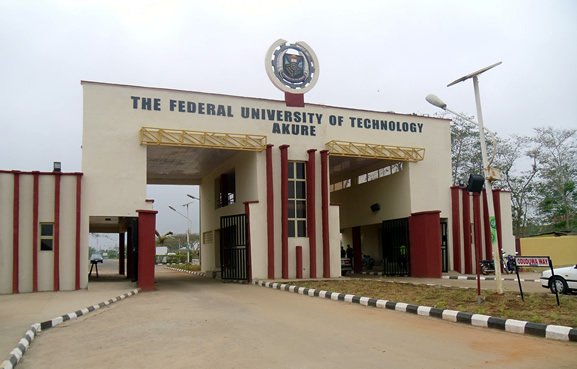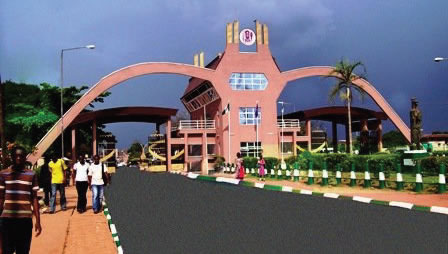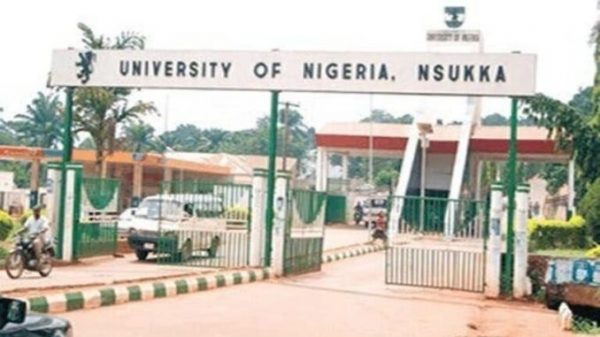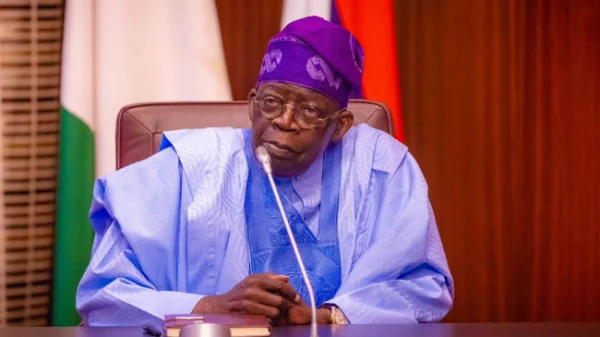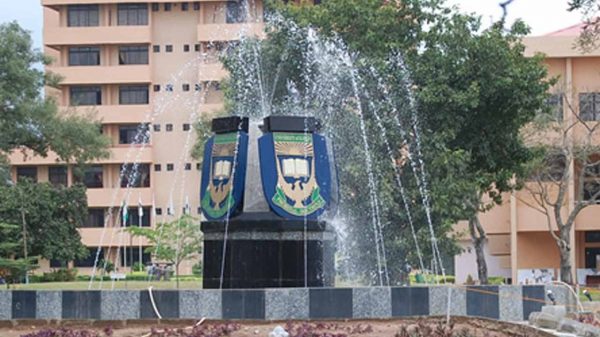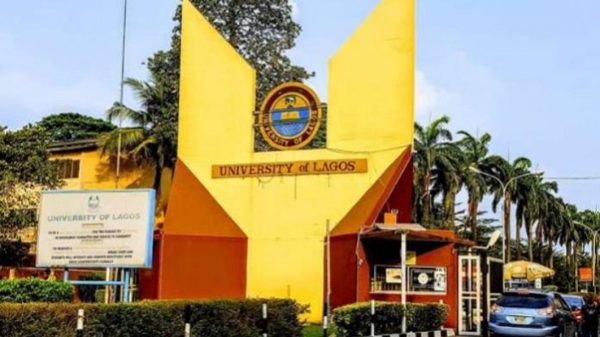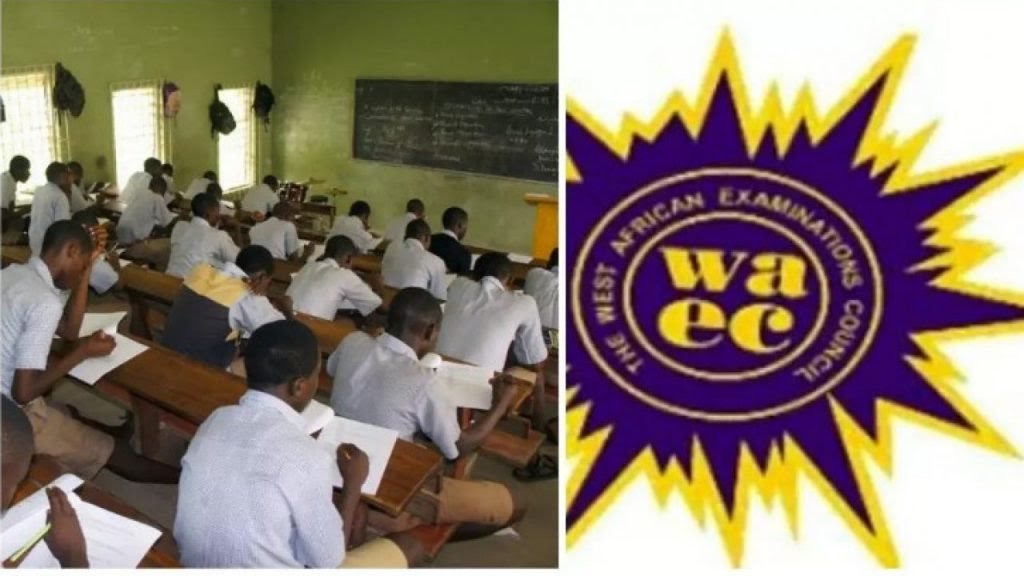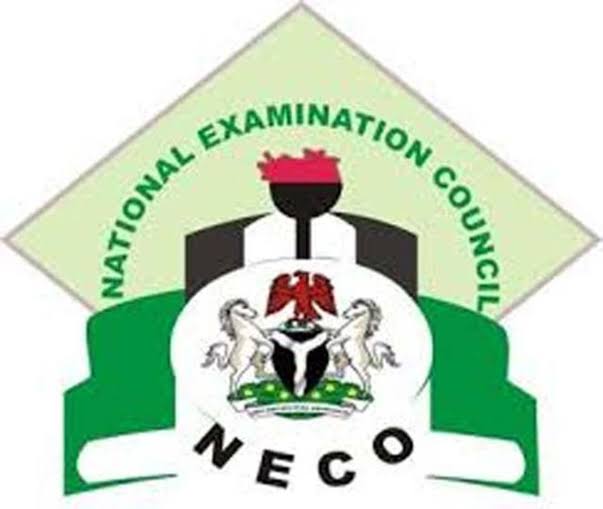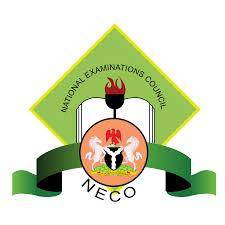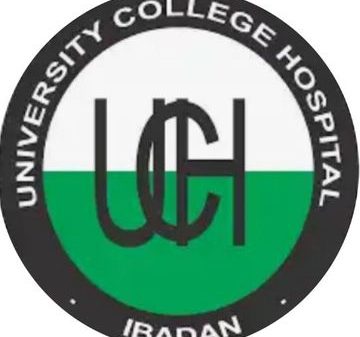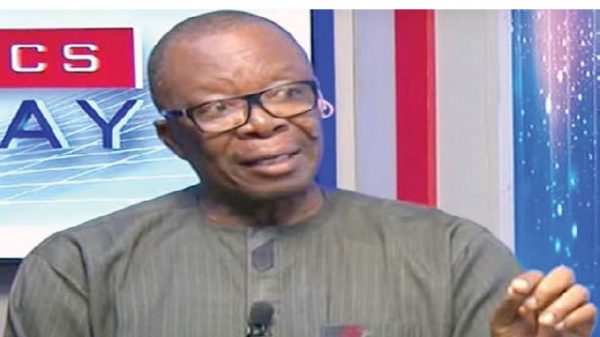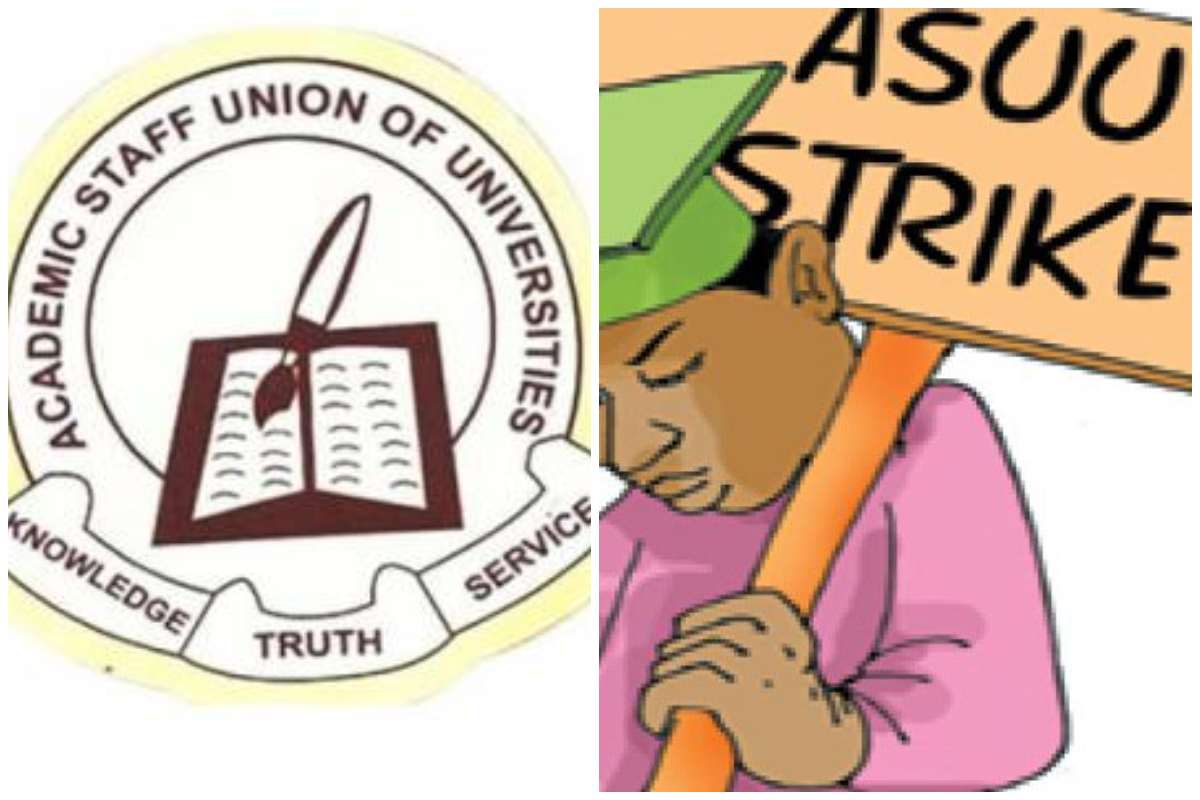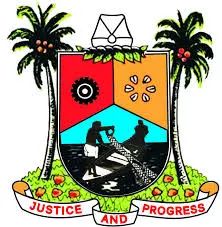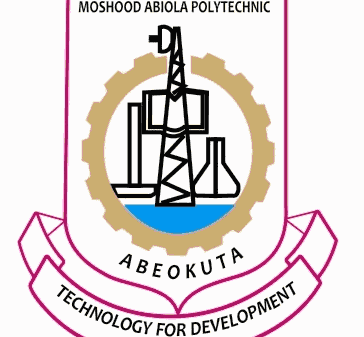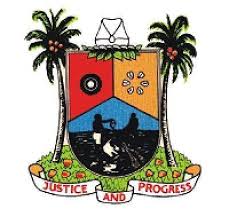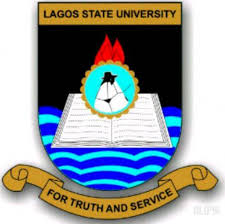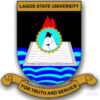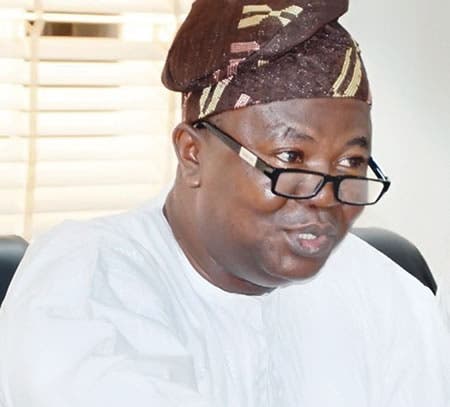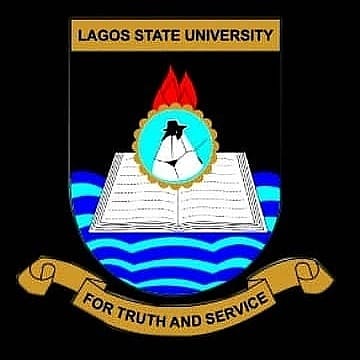The Lagos State Government has concluded plans to deliver two additional universities to Lagosians.
They are the university of education and another one for science and technology.
To actualise the dream, the Lagos State House of Assembly, on Tuesday, held two public hearings on the bills to establish a university of education as well as a university of science and technology.
They are the university of education and another one for science and technology.
To actualise the dream, the Lagos State House of Assembly, on Tuesday, held two public hearings on the bills to establish a university of education as well as a university of science and technology.
The first hearing, which was on a bill for a law to provide for the establishment of the University of Education, Lagos, seeks to merge and upgrade Adeniran Ogunsanya College of Education, Ijanikin, and Michael Otedola College of Primary Education, Epe, to a university of education.
The second hearing, which also seeks to upgrade and transform the Lagos State Polytechnic into a university of science and technology was captured by the bill for a law to establish the Lagos State University of Science and Technology.Fielding questions from the Assembly Correspondents, the Special Adviser to the Governor on Education, Tokunbo Wahab, explained what informed the government’s decision to establish more universities.
On the decision to merge the two state colleges of education and upgrade them to a university of education, he said Governor Babajide Sanwo-Olu felt that Lagos as a 21st economy should not be brandishing National Certificate in Education (NCE).
“The truth is that these certificates are becoming obsolete. Currently, the state government is recruiting teachers but the minimum requirement is a degree in education. So, it is in line with that that we are looking ahead into the future; that is for the two colleges of education awarding NCE – Adeniran Ogunsanya College of Education, Ijanikin and the Michael Otedola College of Primary Education in Epe.”On the move toupgrade the Lagos State Polytechnic to a university of science and technology, he said: “We inherited the polytechnic education from our colonial masters, the United Kingdom, but they have abolished polytechnic education in their country for over 30 years now.
Even with the HND, if you want to convert it to a degree, you will still have to spend two years of four semesters in the university to achieve that. So, why not give them that access from the beginning? So, for us, it is about moving in sync with the time and future.”The governor’s aide equally noted that the Lagos State University, (LASU) has a limited carrying capacity.
As the only university the state has with a population of 22 million people, LASU is not enough. So, these are the reasons, and we thank God that the proactive state House of Assembly led by the Speaker, Mudasiru Obasa, is helping us to bring this to light for the benefit of Lagosians now and in the future,” he said.As for the controversies trailing the location of the main campus of the university of education, Mr. Wahab described them as mundane issues. “For me, we won’t allow those mundane issues to distract us from the biggerpicture. Mr. Governor and the Speaker will agree on the appropriate place to locate the main campus. But, we are going to have two campuses – the Ijanikin campus and the Epe campus. Whichever becomes the main campus is secondary for me,” he said.He also dismissed fears about the capacity of the state government to fund the institutions when they fully become operational. He said: “The state government has increased substantially subventions for the state university, polytechnic and college of education.
Besides, section 44 of the bill provides that all local governments in the state gives two percent of their allocations to fund the universities owned by the state. So, I think the issue of funding is well taken care of.”Stakeholders from the education sectors as well as traditional rulers from the host communities who attended the public hearing made valuables contributions and suggestions.Responding to contributions from the stakeholders, the Deputy Speaker, Sanni Eshinlokun, who represented the Speaker, commended them and assured them that their inputs would be reflected in the bill.
About Author


